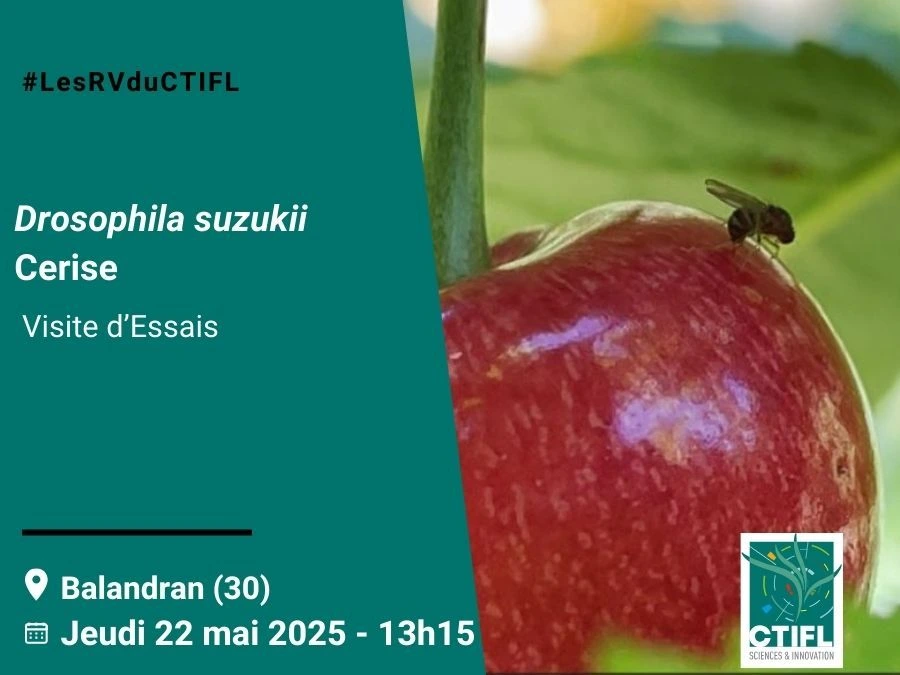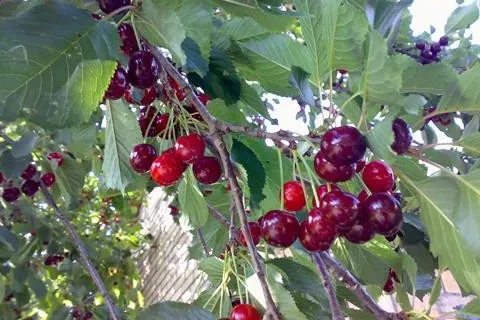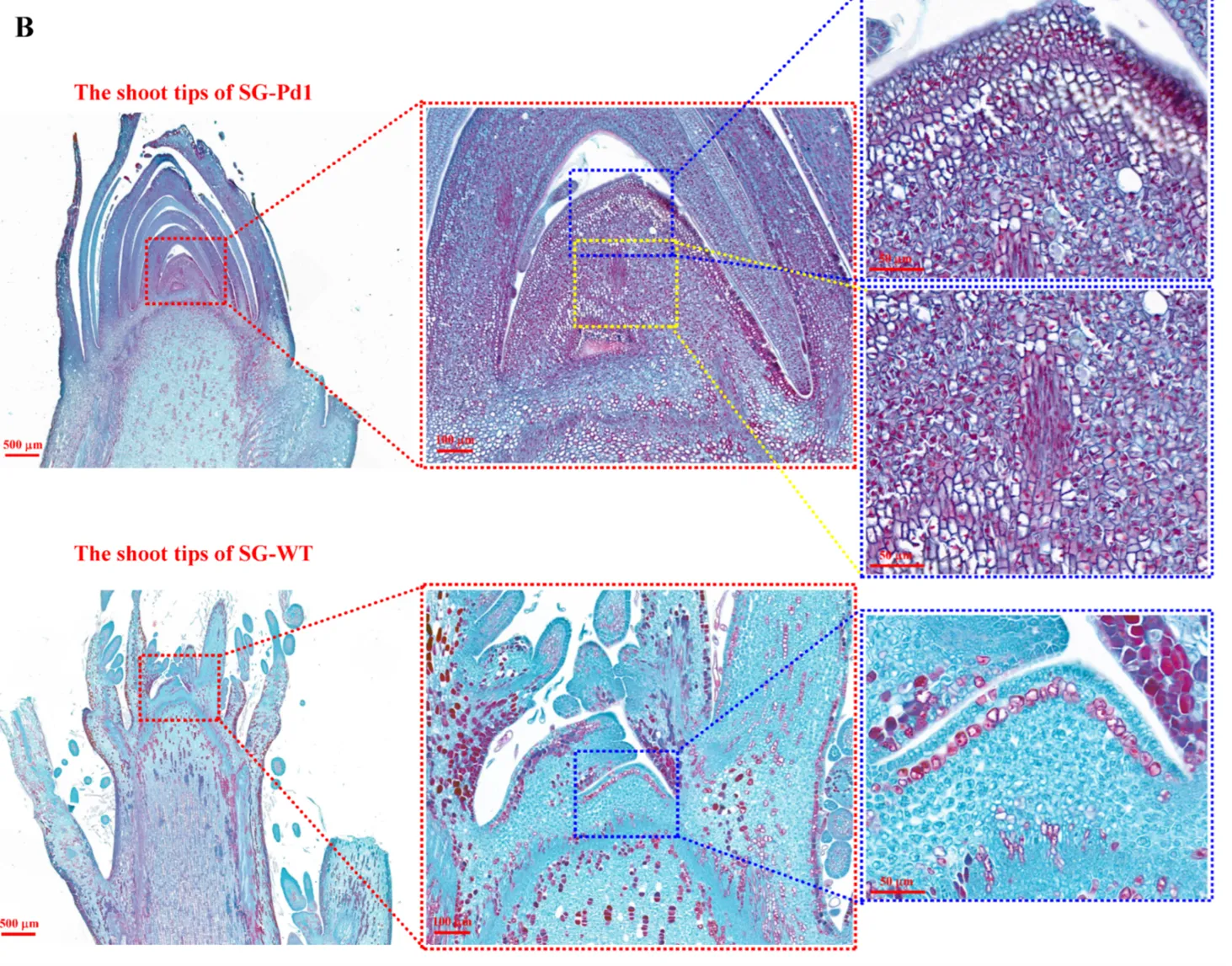Innovative solutions are being tested in France
The April issue of the specialized magazine PHYTOMA (https://www.phytomadigital.com/) provides an update on current knowledge about fruit flies, particularly Drosophila suzukii. On May 22, 2025, a dedicated update day will be held in Balandran. Read the program.
Drosophila suzukii has been present in France since 2010 and causes significant damage, especially to cherries. Various solutions have been tested to combat this pest. Some techniques are already in use, while others represent promising avenues.

Tested control strategies
Anti-insect nets: effective but costly. Trials conducted at CTIFL in Balandran and La Tapy since 2013 show that fully enclosed anti-insect nets are highly effective, with fruit damage below 1%. However, the investment is high, ranging from €50,000-100,000/ha depending on the type of installation (single-row or whole-orchard) and labor costs.
The investment can be profitable due to a consistent return in quantity and quality. The growing method under the net (e.g., high-density espalier orchard) must also be adjusted. The La Tapy station is also testing single-row and whole-orchard nets on existing orchards.
Peripheral nets: 18 trials have been conducted at different experimental stations in France with various phytosanitary control strategies. Only 4 tests have resulted in the economic viability of this technique. Using only nets is not enough to effectively combat fruit flies.
Other innovative techniques
Mass trapping: various types of traps (homemade and commercial) have been tested in different arrangements. The results are mixed. To be effective, traps must be placed early, at least 45 days before harvest.
Parasitoid releases: INRAE has identified an exotic parasitoid wasp of D. suzukii, Ganasis cf. brasiliensis. After conducting studies on this parasitoid, it has been introduced into several areas in France. Tests are ongoing.
Microinjection: this new technique involves injecting an insecticide into the tree trunk, which circulates through the vascular system and reaches the target organs. Since 2020, CTIFL has been working on this method.
Biocontrol trials and alternative techniques
- Biocontrol products: numerous tests have been conducted on the effectiveness of biocontrol products against fruit flies. Substances tested include paraffin oil, azadirachtin, and physical barriers based on clay or talc.
- The "attract and kill" technique: an attractant agent was tested, but the results were inconsistent. This technique will need to be retested in 2024 and 2025.
- Repellents: in 2023, 3 repellents not yet approved were tested as part of the producer's strategy. Only 2 showed promising results. Further studies should be conducted.
- SIT (Sterile Insect Technique): this technique involves releasing large numbers of sterilized males of the target species into the orchards. It has been in development since 2015 in France and Austria and more recently in Argentina, Chile, and Canada.
Drosophila suzukii: experimental trials visit
The CTIFL teams are conducting multiple trials to develop Drosophila suzukii management solutions, exploring different approaches. During the event, the latest experiments and results obtained on cherries will be presented.
Workshop descriptions
- Workshop no. 1: Presentation of STRATOS trials - Nicolas Formez, CTIFL
Combining alternative methods with known phytosanitary products to build protection strategies against Drosophila suzukii.
- Workshop no. 2: Presentation of SIT trials on cherries - Ghais ZRIKI, CTIFL
Development of the sterile insect technique with the release of sterile males from semi-mass rearing.
- Workshop no. 3: PiloTIS - David Monnin, CTIFL
Development of insect rearing techniques and capacity for the production of sterile insects.
- Workshop no. 4: Promoting varietal leverage and suitable orchard design - Amandine Boubennec, CTIFL
Evaluation of rootstock behavior during orchard densification.
- Workshop no. 5: New application methods and alternative strategies - Raphaël Tisiot, CTIFL
Developing new application methods and alternative attraction/repulsion strategies.
- Workshop no. 6: Identification and development of products and control strategies - Nathan Jardin, CTIFL
To participate, registration is required. Click here.
Source: Chantal Dubourg, Chamber of Agriculture of the Eastern Pyrenees, France; CTIFL, France.
Image: Boselli, RER; CTIFL
Cherry Times - All rights reserved











